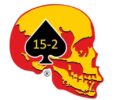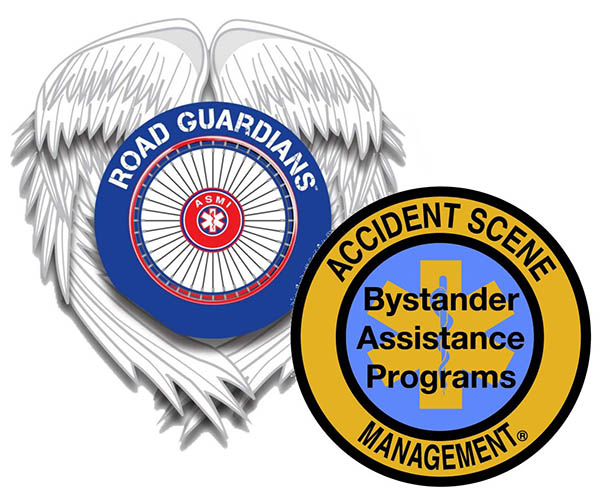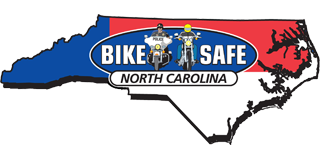As a motorcyclist, there is a risk we’ve acknowledged and accepted when we swing our leg over the seat. The things we are able to control make us comfortable and safer on the road. The things we prepare for, and hopefully will never need, make us good stewards to our community. As a rider, continued education and training are an important part of improving our riding experience, reducing accidents, and being able to help when a fellow rider is in need.
Recommended training for all motorcyclists
- First Aid
- CPR and AED
- Basic RiderCourse
- Advanced RiderCourse
- Active Duty and Reserve Military Members
- DoD approved training course(s)
Going for a ride
It may be tempting to jump on your motorcycle and ride off without another thought, but it’s important to make sure your bike is in good condition before you hit the road. Experts recommend conducting a quick pre-ride inspection before each trip…
continue reading by clicking here
Group Riding
Often times we ride as a group, whether it is a beautiful sunny day with a handful of friends, a rally, or an organized ride; there is something special about sharing a great ride for a cause or with friends. Here are some quick tips from MSF. Click here
Need to communicate or ever wonder why the guy in front of you is pointing to a tree. Check out these useful hand signals. The police ahead signal can also be used to let riders in your group know of other emergency vehicles as well. Remember to slow down and give all emergency vehicles space and distance they need to operate safely.






